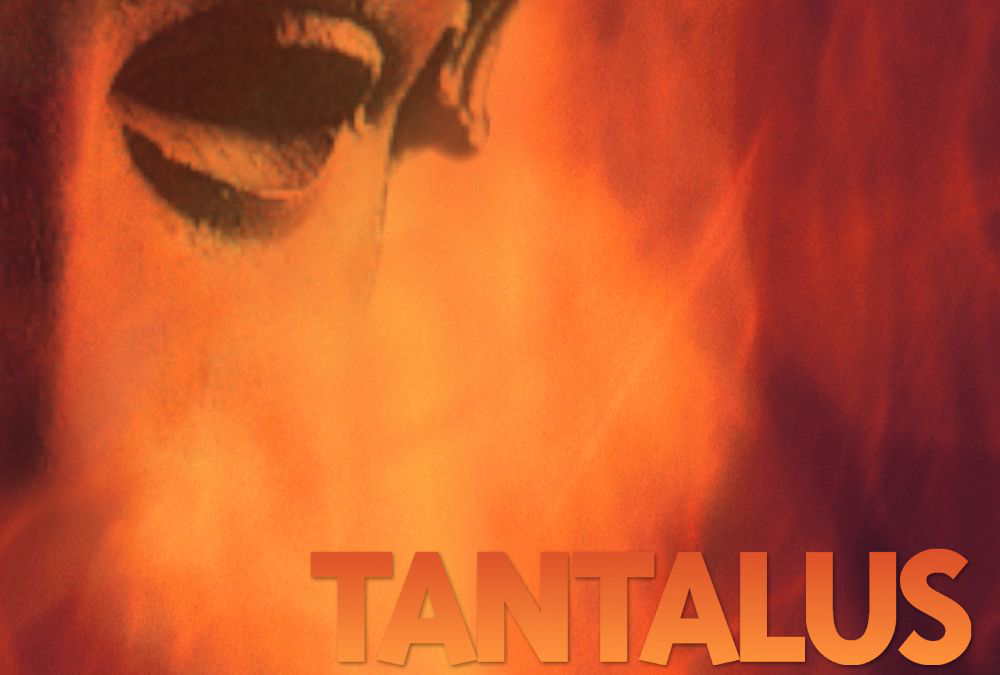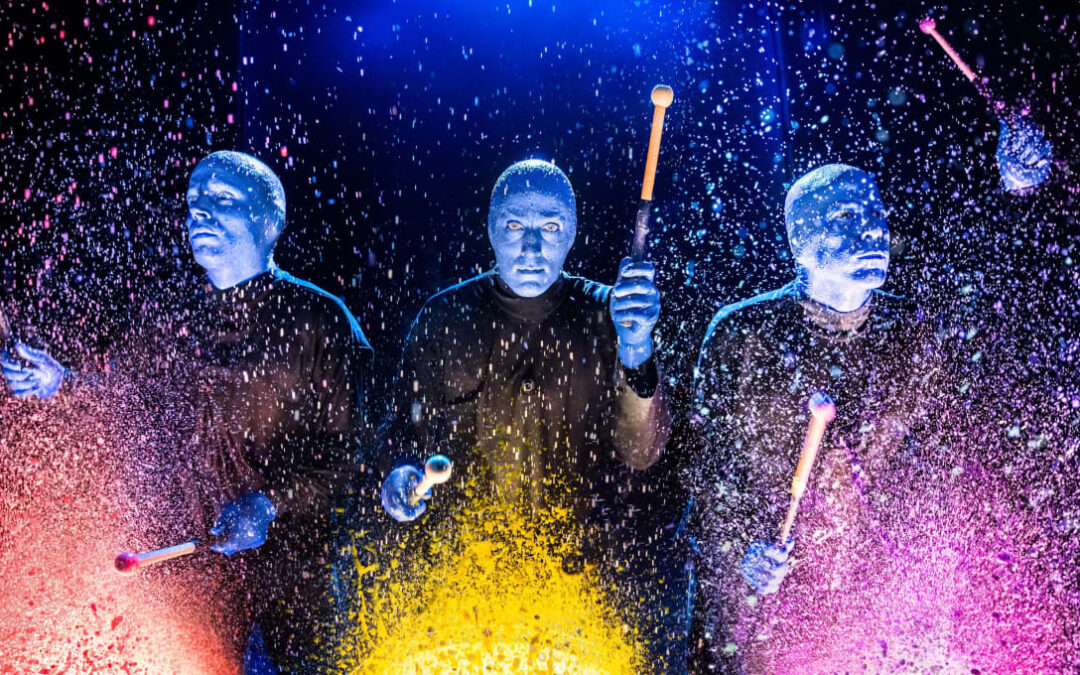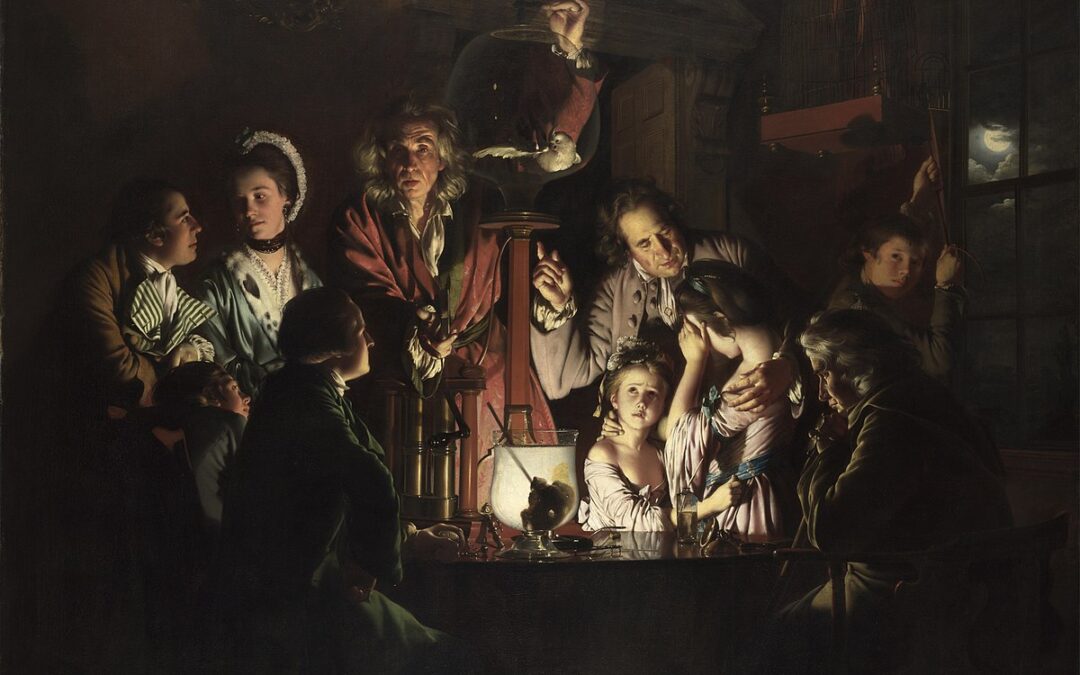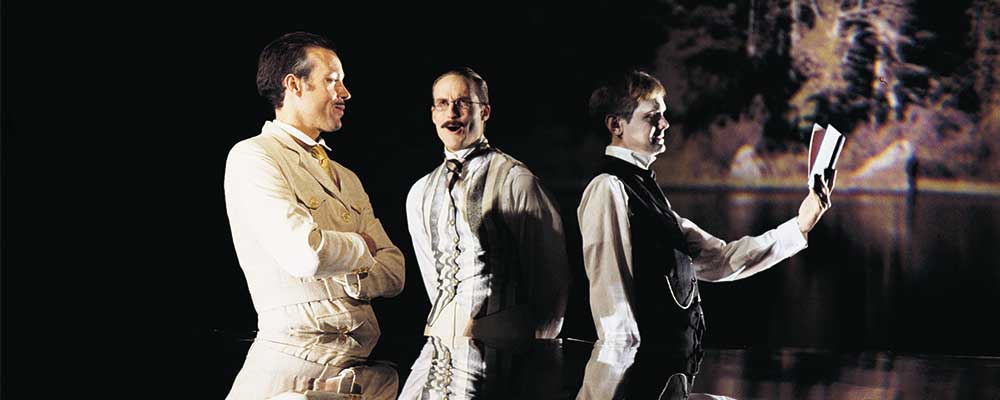TANATLUS
by John Barton
Directed by Peter Hall
Denver Center Theatre Company
Denver Center for the Performing Arts / (800) 641-1222
Reviewed by J.T. Bowen
Murder, Intrigue, Sex, Betrayal. Sounds like a soap opera doesn’t it? Well, there’s where you would be wrong. It’s Tantalus, John Barton‘s epic cycle of plays, based on several traditions of Greek Mythology, The Iliad, The Odyssey and numerous other sources, occupies the Denver Center’s Stage Theatre until December 2. “Tantalus” is truly a dream come true for any serious theatergoer.
Directed by Peter Hall, Tantalus is a cycle consisting of three parts, each part containing three plays. Over the course of the cycle, eight actors play the 31 major characters, while a ten-person chorus and a nine-member ensemble play the supporting roles. Over ten hours in length (which can be seen over two days, or in one day, meals included), Tantalus is a great achievement for all involved.
Tantalus was a king whose story is one of the greatest legends of Greece. Tantalus was the father of Pelops, for whom the Peloponnese was named. In one version of the legend, Tantalus killed his son Pelops and served parts of his flesh to the Gods at a banquet. This so angered the Gods, they restored Pelops to life and sentenced Tantalus to an everlasting fate: standing in a pool of water, unable to grasp any food surrounding him (the origin of the word “tantalize”). Another part of Tantalus’ fate was that he was sentenced to forever have a boulder suspended above his head, never knowing when it may drop on him. This boulder, invisible though it may be, is at the heart of “Tantalus”. All of the characters are acutely aware of that impending doom. And most of them inevitably receive it. “Tantalus” tells the story of three great families: the House of Tantalus, the Royal House of Troy and the House of Peleus.
Although Tantalus tells the story of the Trojan War and its aftermath, it is astonishingly modern. The civil war between the Greeks and the Trojans can’t help but remind one of the modern-day Middle East. The Greeks’ obsession with obtaining Helen back from the Trojans is reminiscent of the violence that erupts today over the ownership of a piece of land in Israel. The ruthlessness of the Greeks and the unrelenting bloodshed in the Trojan War are reminders of the rash of terrorism we have been seeing on the news. Just as Shakespeare was able to poeticize the events of his time in his History plays, John Barton, who took 17 years to complete Tantalus, has given us a work for the ages. Like Shakespeare, Barton has taken some artistic license with his characters and situations, and it very rarely fails.
Peter Hall took six months to rehearse Tantalus, relocating his family to Denver in the process. What he has given us is a world that exists on the edge of war at all times. In the many hours we are exposed to Hall’s world, we see bloodshed, cruelty, compassion and love. Tantalus begins on a beach, where ten young women are sunbathing. In comes the Poet (David Ryall), who proceeds to tell the story of Helen’s kidnapping by Paris and the Trojans. Helen’s capture prompts the Greeks, led by Helen’s husband Menelaus and his brother Agamemnon (both played by the brilliant Greg Hicks), grandsons of Tantalus, to attack the Trojans and wage the ten-year war culminating with the fabled Trojan Horse attack which signals the end of the city of Troy. Tantalus is full of mythical characters and familiar tales: Iphigenia (Mia Yoo), Agamemnon’s daughter, sacrificed in Aulis so that the Gods would grant them favorable winds for the thousand ships to sail to Troy. Clytemnestra (Annalee Jefferies), Agamemnon’s wife, who later kills Agamemnon when he returns to Mycenae with Cassandra (Alyssa Bresnahan), a prophet cursed by Apollo with the gift of prophecy, the only caveat being that no one would believe her. Achilles (Robert Petkoff), the fierce warrior blessed with invincibility everywhere except his heel, whose son Neoptolemus (also Mr. Petkoff) avenges his father’s death with ruthless bloodshed.
As is traditional in Greek theatre, all the actors perform in masks, which adds a dimension rarely seen in the theatre of today. Greg Hicks gives a brilliant performance as Agamemnon, the King of Mycenae. His performance is so detailed, you at times forget he is wearing a mask at all. Through his physicality and his vocal expression, you know exactly what he is thinking, even though you do not have the benefit of his facial expressions. Also impressive is Mr. Hicks’ performance as a stilt-walking King Priam. Annalee Jefferies gives highly emotional performances as both Clytemnestra and Andromache, as does Alyssa Bresnahan as the tortured seer Cassandra. Mia Yoo gives wonderfully varied performances as Agamemnon’s daughters Electra and Iphigenia, and as the spoiled rich girl Hermione, the daughter of Menelaus; Robert Petkoff is a ball of fire as Achilles, Neoptolemus and Aegisthus, the conspirator in the death of Agamemnon; and Ann Mitchell is haunting as Hecuba, especially as she sinks into madness. But it is David Ryall that holds the story together. Mr. Ryall’s Poet introduces and comments on the action and plays five other peripheral characters with amazing variety. One wishes the Chorus and the Ensemble were a stronger presence, however. They almost seemed an afterthought at times.
Tantalus contains images that will resonate for a long time: King Priam virtually floating over the sand; the brutal branding of the Trojan women; and, most of all, Cassandra and Agamemnon removing each other’s masks, setting them both free from the haze in which they see themselves and the world. Tantalus ends where it began, but this time with a stern warning: what you’ve seen is all gone because you’ve destroyed it, and you only have yourself to blame. What an amazing experience–it must be seen to be believed.
As a complement to the Tantalus experience, make sure you view the “Stage for Dionysus” exhibit, which occupies the Helen Bonfils Theatre lobby, and the entire Space Theatre on the lower level.









